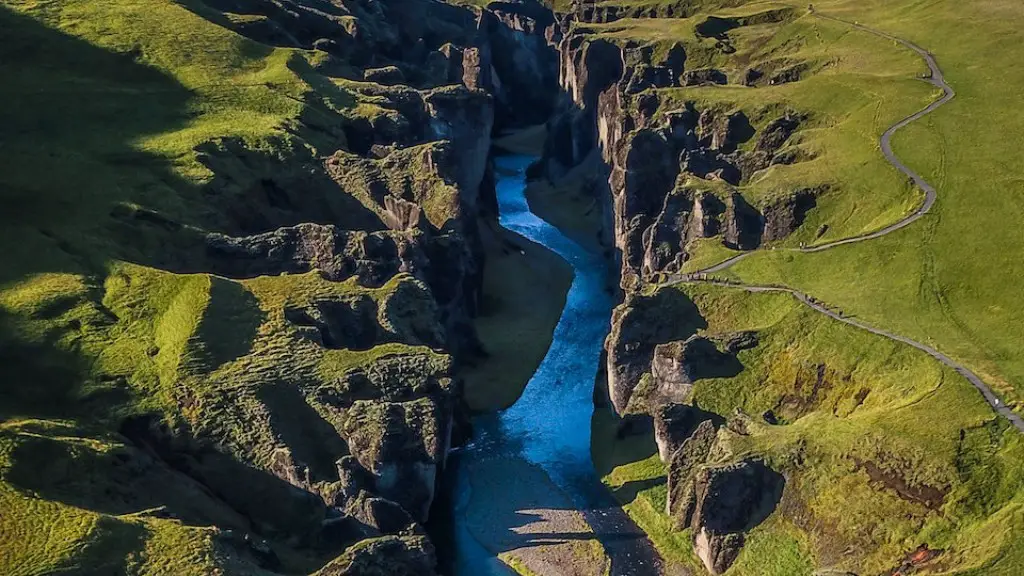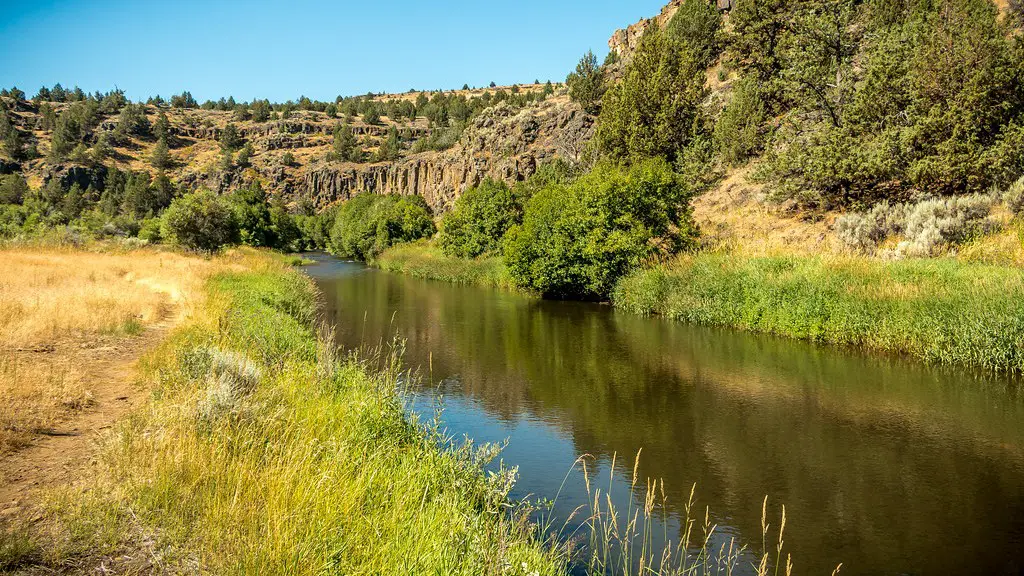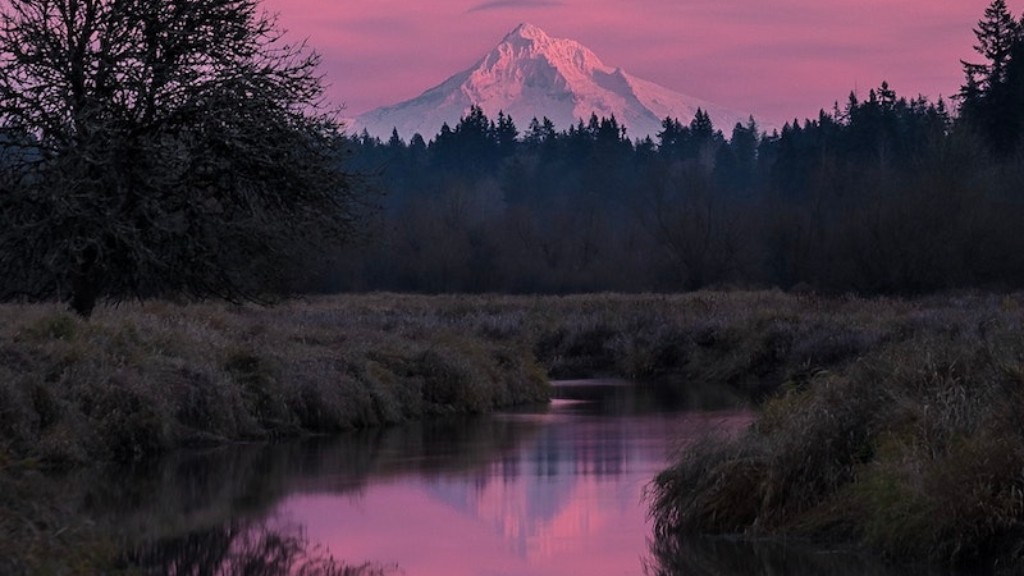The Mississippi River has long been a staple of transportation since the mid-1800s, with thousands of riverboats crisscrossing its waters. But, do boats still sail the Mississippi River today? To help answer this question, let’s look at the history, usage, and regulations around the mighty Mississippi.
The History of Riverboats
The first steamboat arrived on the Mississippi River in 1811. They ushered in a new era of transportation, allowing goods and people to travel up and down the river more quickly than ever before. By the mid-1800s, riverboats had become an iconic part of American history, transporting goods and people along the Mississippi. As railroads became more prevalent, however, riverboats began to decline in usage.
Modern Usage
Today, riverboats remain a popular choice for transportation on the Mississippi River. They can be seen on a regular basis navigating its waters. However, the usage of riverboats on the Mississippi is largely for tourism and pleasure trips. For example, popular destinations like the Delta Queen, the Steamboat Natchez, and the American Queen all offer river tours.
Regulations
The U.S. Coast Guard is responsible for overseeing the safety and security of all boats in the United States. The Mississippi River is no exception, as the Coast Guard requires all commercial vessels to follow strict regulations and adhere to specific safety protocols. These protocols include the wearing of life jackets, maintaining navigational lights, and having an up-to-date chart of the river.
Environmental Impact
Another factor to consider is the environmental impact of riverboats on the Mississippi River ecosystem. The current regulations by the U.S. Coast Guard do help to reduce the amount of pollution created by riverboats, but riverboat activity still has negative impacts. The biggest concern is the noise of the engine, which can disrupt wildlife and cause disruption of the ecosystem.
Closing Thoughts
Today, boats still sail the Mississippi River, though the usage is now largely for tourism and pleasure trips. The U.S. Coast Guard imposes regulations and safety protocols to help protect and preserve the river, while also helping to reduce the environmental impact of riverboats. Thus, despite its decline from its heyday of the mid-1800s, riverboats can still be seen navigating the Mississippi River, transporting goods and people, and providing a reminder of a bygone era.
Economical Perspective
From an economical persepctive, it is clear that the utilization of riberboats on the Mississippi River can be beneficial for the local economy. The demand for travel on the river has increased steadily over the years and this has provided jobs for many locals. In addition, the riverboats themselves have been an important factor in supporting and sustaining local businesses, as they have been known to make stops and purchase goods from local merchants.
Educational Perspective
Beyond providing a much needed service and supporting the local economy, riverboats also provide an educational opportunity. Many riverboats offer tours and lessons on the history and geography of the Mississippi River. This has been especially helpful for students who are learning about the Mississippi’s importance in American history. Not only do these education experiences help children to gain a better understanding of their local area, but they can also foster a respect for nature, as children learn about the importance of environmental conservation.
Cultural Perspective
Finally, riverboats have become a part of the culture of the Mississippi River. There are several annual festivals and events that take place on the river celebrating the boat culture. These events often feature live music, activities, and traditional food and drink. They are a great way to bring the community together and provide an opportunity for locals to showcase their culture.


